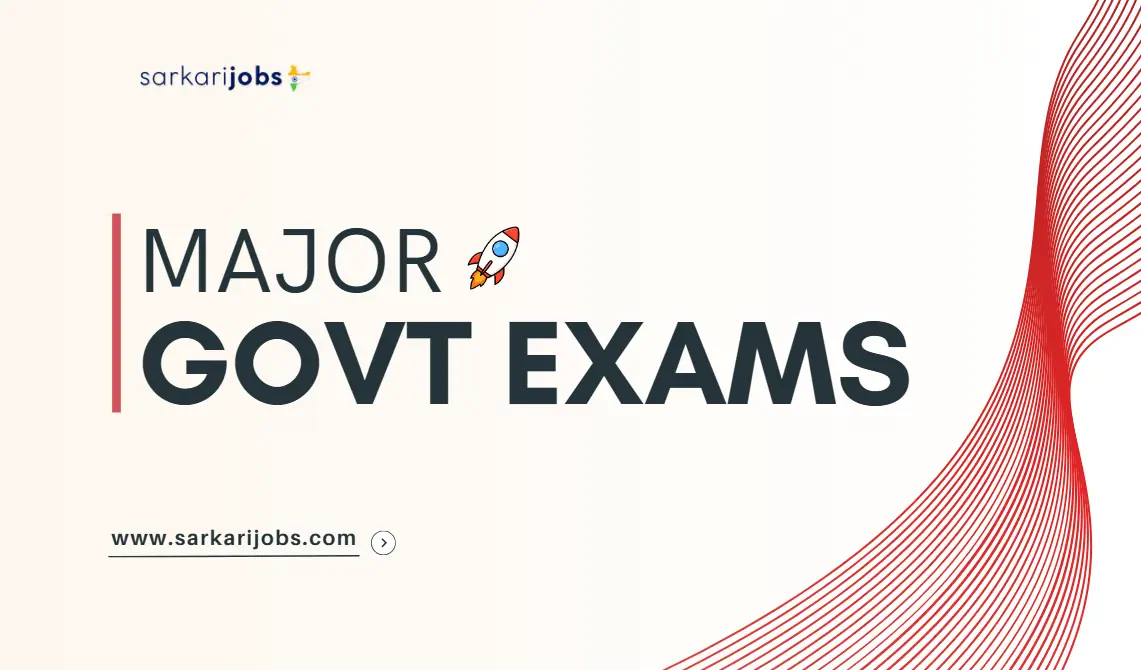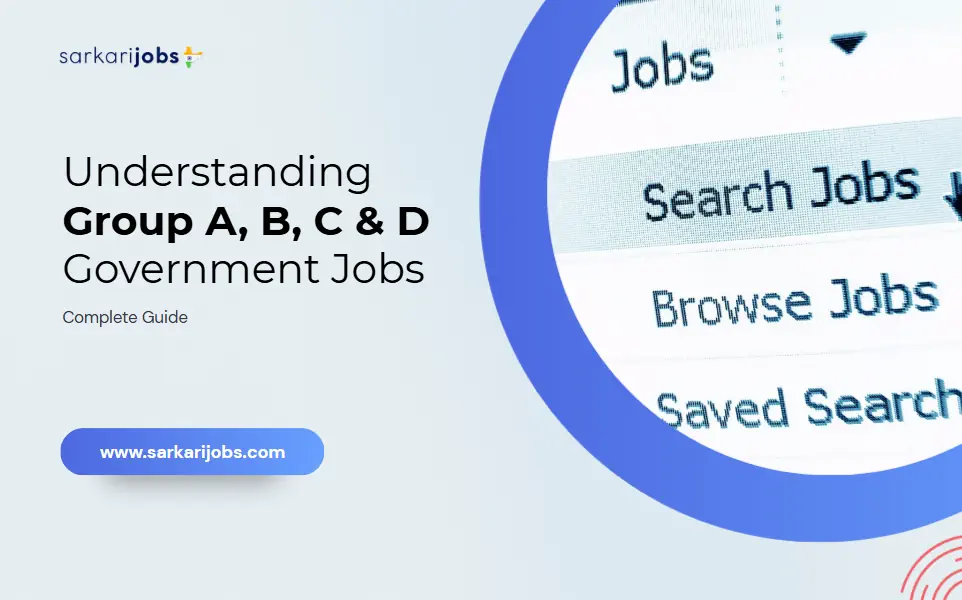Mastering the Modern Job Hunt: How AI Is Giving Job Seekers an Edge
Artificial intelligence (AI) is at the center of a transformation that has seen job hunting go through dramatic changes in recent years.
The latest generation of job seekers is able to work smarter than ever with less effort than ever, thanks to personalized resume tools and AI-powered job agents.

In this article, we’ll take a look at just how AI has revolutionized the application process and given job seekers a significant leg up.
Harnessing AI as Your Personal Job Agent
AI is no longer lurking in the wings. It is actively helping job seekers find and apply for positions. AI-powered job agents are like having your own virtual assistant, being able to pick up your preferences, wade through thousands of job listings, and deliver personalized recommendations. Some even go a step further, automatically submitting applications on your behalf.
Today, there are numerous online tools that help with resume creation and tailoring. Instead of applicants spending hours tailoring a resume for each job, AI can analyze the job description and suggest optimizations in seconds. BeamJobs’ AI Resume Builder is a great example of this: it creates ATS-friendly resumes that are customized to match your experience and the roles you’re targeting.
Becoming the “Augmented Applicant”
Today’s applicants aren’t content to just look on; they’re using every technological advantage to help amplify their strengths and give them the edge over other applicants. Being an “augmented applicant” means using AI to take your application to the next level and beyond what traditional methods had permitted.
In one fell swoop, AI allows you to polish your LinkedIn profile, generate personalized cover letters, and even assess how well your skills match up with the job description, turning a passive search into a proactive strategy. Rather than churning out generic applications as you perhaps used to do, you’re now able to make smarter decisions, a lot faster.
AI has also helped you bridge the gap between your current experience and the skills employers are looking for in a candidate. Some tools will even go as far as suggesting certifications or micro-courses based on job trends that help you stay relevant in an ever-shifting market.
Optimizing for Recruiters and ATS
With thousands of applications coming in for any given position, most companies, like job seekers, have also been forced to leverage the power of AI, using applicant tracking systems (ATS) to scan and filter resumes even before a human sees them. If your resume isn’t up to par and customized for these systems, it will get filtered out, no matter how good a fit you might be for the job.
By analyzing the job description, AI can ensure your resume is well-formed and structured, and includes all the right keywords so that it passes the tracking systems. Platforms like BeamJobs
and others simplify this process, giving your resume a better chance of passing the first round of screening.
You may think that having passed this first stage, you’re home and hosed. But think again. Some HR departments are now using AI to help rank candidates, and some even conduct initial video interviews. Preparing with this in mind can give you a competitive advantage.
Transforming Interview Preparation
As we’ve just found out, AI isn’t just for resumes; it’s also becoming a powerful ally in the interview process. From generating likely interview questions to analyzing your tone and body language in practice sessions, AI-powered platforms are making it easier to prepare. There are services that can simulate real interview environments, giving you feedback on filler words, eye contact, or even your pacing. While this kind of feedback was once only available through expensive coaching, AI has now made it accessible to everyone. Practicing with AI tools can significantly help reduce any anxiety a candidate may experience and improve overall confidence. You walk in knowing what to expect and how to respond effectively, which can make all the difference.
Ensuring Ethical & Strategic Use of AI
As with any new and emerging technology, using AI comes with responsibility. Relying solely on automation can make your application come across as generic and bland. It’s therefore essential to balance AI-driven efficiency with your own voice and judgment. Think of AI as your assistant, not your replacement. Pass on any heavy lifting—like formatting, keyword analysis, and job scanning—while you focus on adding the personal touch that will truly set your application apart.
There are also ongoing discussions about fairness in AI hiring. Candidates should be aware of potential biases in hiring algorithms and stay informed on what’s considered ethical use. As noted by LinkedIn, job seekers who are aware of the limitations of AI and can appreciate its power, are better positioned to use it responsibly.
Skills, Upskilling & the Future Landscape
As AI reshapes the job market, it’s also reshaping which skills are most valuable. Employers are increasingly looking for candidates who are tech-savvy, adaptable, and have a willingness to learn.
Many AI tools offer suggestions for upskilling. They’ll recommend certifications or tutorials based on current trends, so that if, for example, you’re applying for marketing roles, they might suggest brushing up on SEO or data analytics. This kind of insight helps you stay competitive without having to guess what it is that hiring managers want.
It’s not just about technical skills, though. Soft skills like communication, critical thinking, and collaboration are still crucial—and AI won’t be replacing those any time soon.
Looking Ahead: The Next-Gen Job Search
While we’re in the crawling stage of what AI can do, it’s not too far off when job agents will go beyond finding and applying to roles; they’ll schedule interviews, negotiate salaries, and even provide real-time feedback during onboarding.
AI-driven networking is also on the rise. Imagine a tool that analyzes your contacts, finds mutual connections with hiring managers, and suggests introductions. That kind of automation could really change the game for job seekers.
As the Wall Street Journal recently highlighted, many professionals are already using AI to explore career pivots, not just job changes. AI isn’t just a tool—it’s becoming a career co-pilot.
The modern job search can feel overwhelming, but AI is helping level the playing field. By using the right tools in a sensible and wise manner, job seekers can save time, reduce stress, and find better-fitting roles faster. Whether starting out or switching careers, mastering AI in your job hunt is quickly becoming not only an advantage, but a necessity.








 is part of No.1️⃣ fastest growing Sarkari jobs portal ✔️ in India. Here you can find latest career resources during 2024 for both freshers and professionals in various categories. You can get help in preparing yourself for the Job market in India with interesting and informative articles. Don't forget to subscribe to job alerts daily through E-mail, push notifications, whatsapp, telegram and other channels.
is part of No.1️⃣ fastest growing Sarkari jobs portal ✔️ in India. Here you can find latest career resources during 2024 for both freshers and professionals in various categories. You can get help in preparing yourself for the Job market in India with interesting and informative articles. Don't forget to subscribe to job alerts daily through E-mail, push notifications, whatsapp, telegram and other channels.